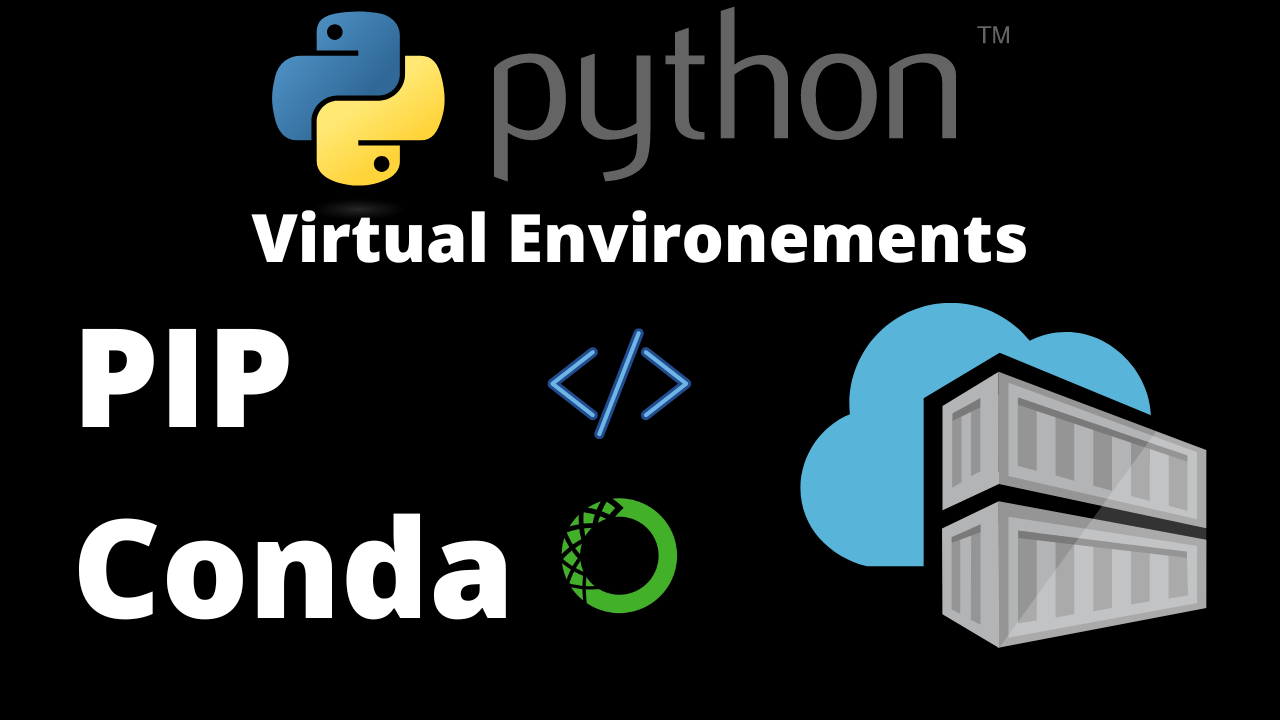2 min to read
Python Virtual Environment
Learn to create python virtual environment in Linux

Creating Virtual Environment using PIP
Youtube Video
PIP Setup
For creating virtual environment you will require pip
Check if pip is installed:
pip --version
pip3 --version
If it is not installed then you can install using:
sudo apt install python3-pip
Install Virtualenv
pip3 install virtualenv
pip3 install virtualenvwrapper
Check virtualenv:
which virtualenv
Make sure you note the output as this will be added later in .bashrc file
Setup bashrc file
This is done so that you can use shortcut commands to create, access and delete virtual environments.
nano ~/.bashrc
At the end of the .bashrc file add:
#Virtualenvwraaper settings
export VIRTUALENVWRAPPER_PYTHON=/usr/bin/python3
export WORKON_HOME=$HOME/.virtualenvs
export VIRTUALENVWRAPPER_VIRTUALENV=/home/harsh/.local/bin/virtualenv
source ~/.local/bin/virtualenvwrapper.sh
To save press CTRL+O to Exit press CTRL+X
Activate it on current terminal:
source ~/.bashrc
Create new Virtualenv
mkvirtualenv <name> # Demo
mkvirtualenv test_env # Create New Virtual Env
mkvirtualenv myvenv --python=python3.7 # Create New Virtual Env with python version
Activate Virtual Environment
workon <name>
workon test_env
This will give something like:
(test_env) harsh@harsh-VM:~$
Deactivate Virtual Environment
deactivate
This will give something like:
harsh@harsh-VM:~$
Copy Virtual Environment
cpvirtualenv <old> <new>
cpvirtualenv test_env test_env1
Delete Virtual Environment
rmvirtualenv <name>
rmvirtualenv test_env
Creating Virtual Environment using Conda (Anaconda)
Setup conda
Check if conda is present
conda -V
# Update Conda
conda update conda
If conda not installed then checkout: Anaconda
Create Virtual Environment
conda create -n [Virtual Environment Name] python=[Version you want to install] anaconda
conda create -n test_env python=3.8 anaconda
Activate Virtual Environment
conda activate test_env
Deactivate Virtual Environment
conda deactivate




Comments